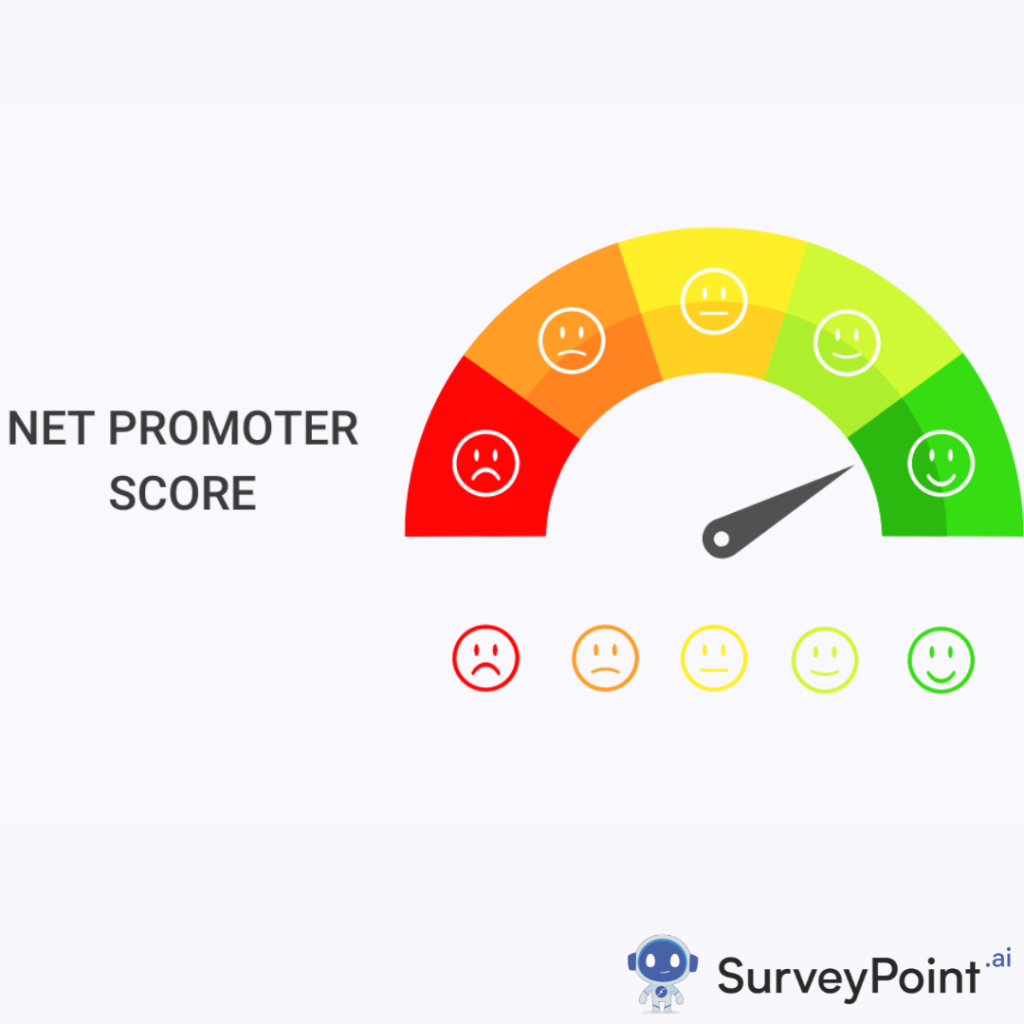
Appointment scheduling is the cornerstone of efficient service delivery across various industries. From healthcare facilities to retail stores, effective appointment management not only streamlines operations but also enhances customer satisfaction. In today’s digital age, the advent of appointment scheduling software has revolutionized the way businesses manage their bookings, offering a myriad of options to cater to diverse needs.
In this comprehensive guide, we delve into the essence of appointment scheduling, exploring its significance and dissecting the eight different types that businesses employ to optimize their operations.
Understanding the Significance of Appointment Scheduling
Appointment scheduling serves as the linchpin of organizational efficiency and customer satisfaction. By allowing businesses to allocate resources, manage staff workload, and provide tailored services, appointment scheduling ensures optimal utilization of time and resources. Moreover, in an era characterized by fast-paced lifestyles and heightened consumer expectations, offering flexible and convenient booking options can significantly enhance the customer experience, fostering loyalty and repeat business.
Exploring the Eight Different Types of Appointment Scheduling:
Time-slot Scheduling:
- Time-slot scheduling allocates specific time slots for appointments, enabling businesses to manage their resources efficiently.
- This type of scheduling offers customers the flexibility to choose appointments based on their availability, enhancing convenience and satisfaction.
Wave Scheduling:
- Wave scheduling groups appointments within designated time frames, allowing businesses to accommodate multiple clients simultaneously.
- By streamlining the flow of appointments, wave scheduling minimizes waiting times and maximizes operational efficiency.
Wave and Walk-in Appointment Scheduling:
- This hybrid approach combines pre-scheduled appointments with walk-in slots, catering to both planned and impromptu customer visits.
- Businesses benefit from increased flexibility and improved resource allocation, while customers enjoy the convenience of spontaneous bookings.
Open Appointment Scheduling:
- Open appointment scheduling allows customers to book appointments without constraints, offering maximum flexibility and convenience.
- This type of scheduling is particularly suitable for industries with unpredictable demand patterns, such as healthcare and beauty services.
Double Scheduling:
- Double scheduling involves booking two or more appointments for the same time slot, with the expectation that not all clients will show up simultaneously.
- While this approach carries some risk of overlapping appointments, it maximizes appointment availability and minimizes downtime.
Cluster Scheduling:
- Cluster scheduling groups appointments for similar services or procedures within specific time frames, optimizing resource utilization and minimizing idle time.
- This approach is commonly used in healthcare settings to streamline patient flow and enhance operational efficiency.
Matrix Scheduling:
- Matrix scheduling employs a grid-based approach to allocate appointments, taking into account various parameters such as service type, staff availability, and customer preferences.
- By considering multiple factors simultaneously, matrix scheduling enables businesses to optimize their scheduling decisions and deliver personalized services.
40/20 Scheduling:
- 40/20 scheduling allocates 40% of appointment slots for scheduled appointments and reserves the remaining 20% for walk-in clients.
- This ratio strikes a balance between accommodating pre-planned bookings and catering to spontaneous customer visits, ensuring efficient resource allocation.
Why Appointment Scheduling Types are Necessary:
- The diverse array of appointment scheduling types caters to the unique needs and preferences of businesses across different industries.
- By offering flexibility, convenience, and efficiency, these scheduling options enable businesses to adapt to changing demand patterns, maximize resource utilization, and enhance customer satisfaction.
- Moreover, in an increasingly competitive market landscape, the ability to offer tailored scheduling options can serve as a key differentiator, attracting and retaining customers in the long run.
Conclusion
Appointment scheduling lies at the heart of effective service delivery, empowering businesses to manage their resources efficiently and deliver exceptional customer experiences. By embracing a diverse range of scheduling types, businesses can adapt to evolving demands, optimize their operations, and stay ahead of the competition. As technology continues to advance, the role of appointment scheduling software will become increasingly pivotal, enabling businesses to harness the full potential of modern-day scheduling solutions.




